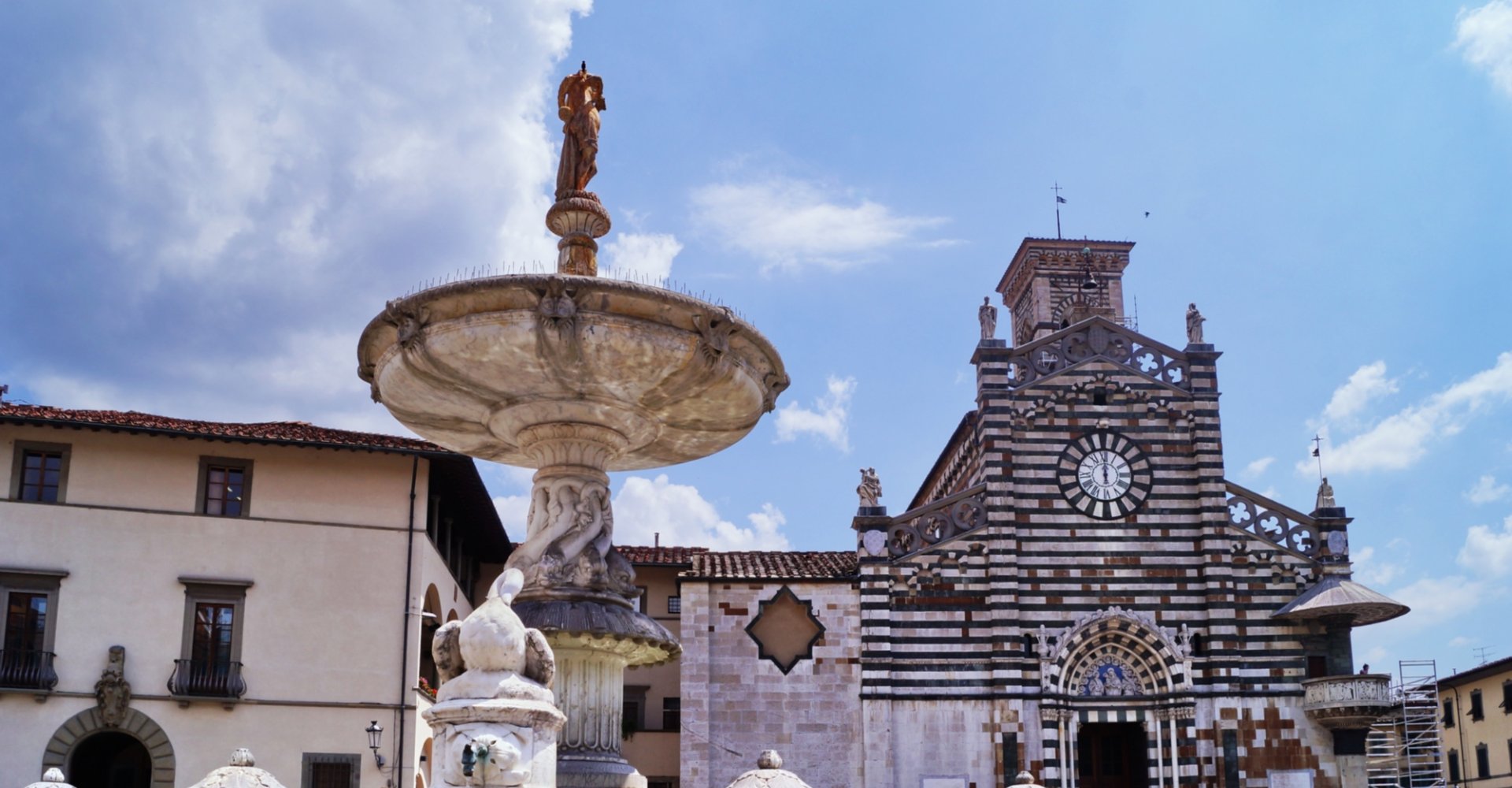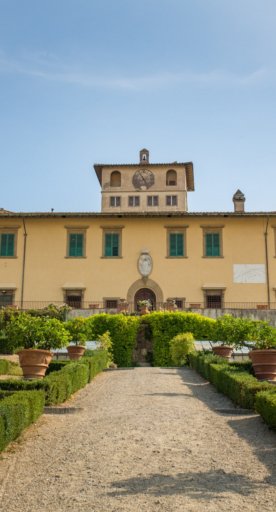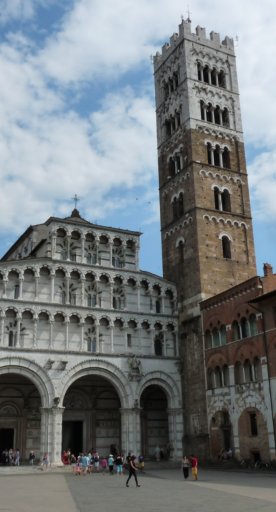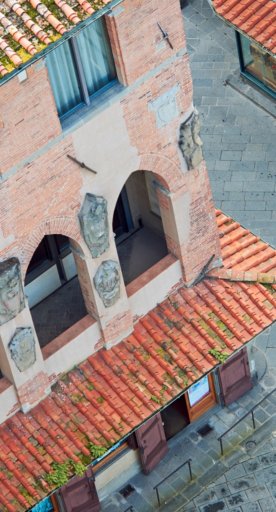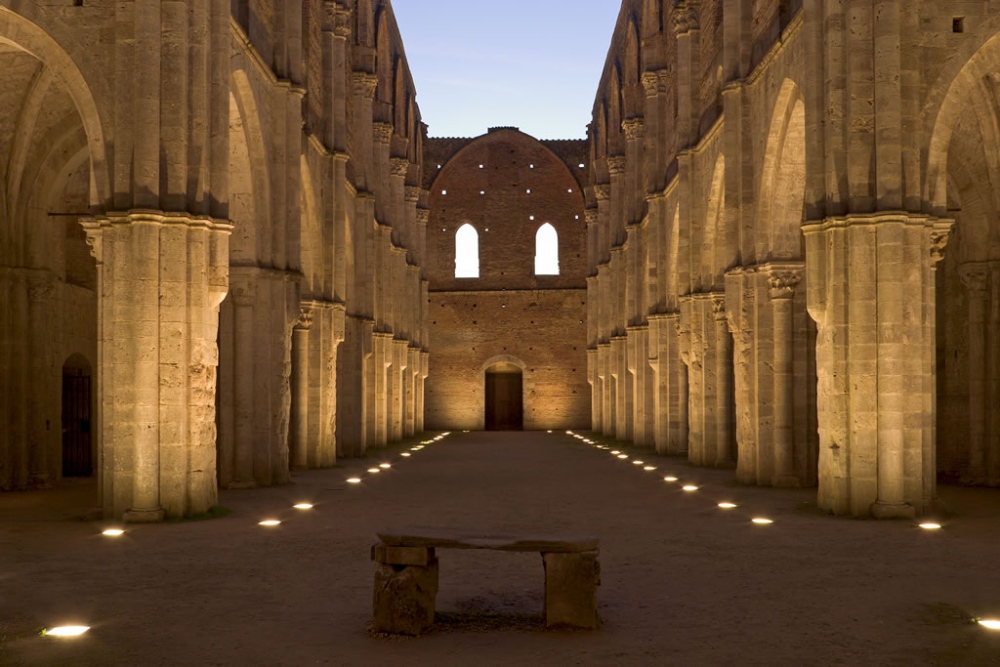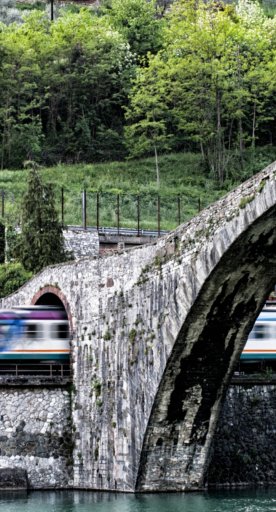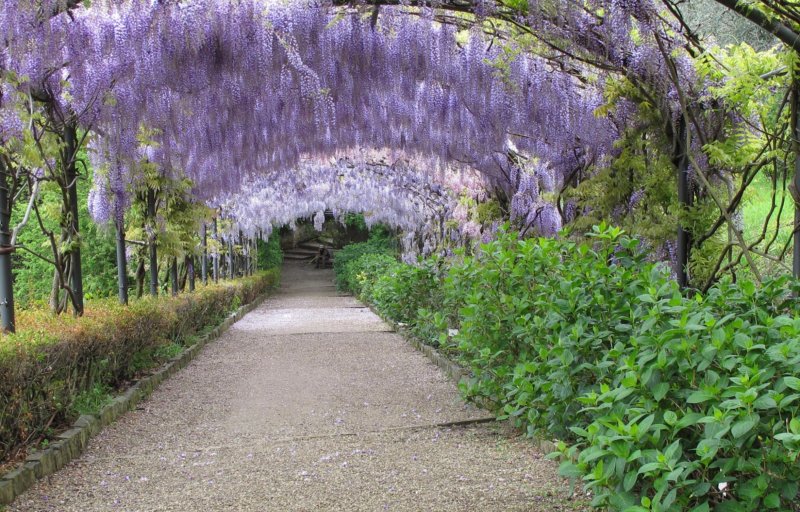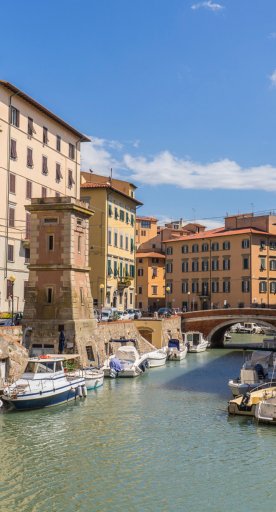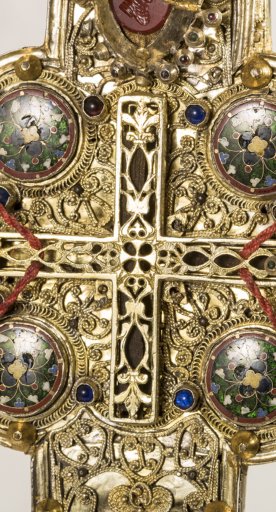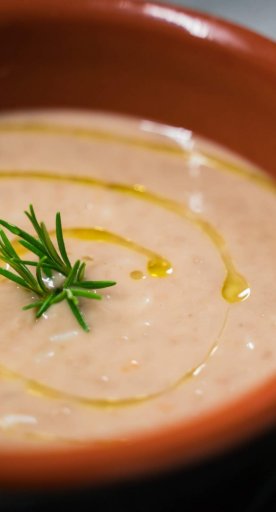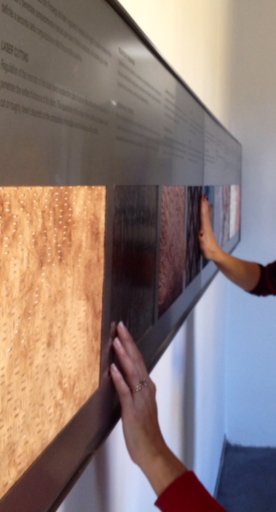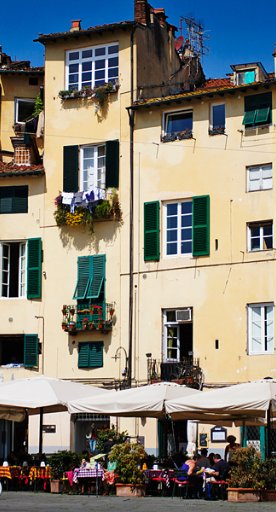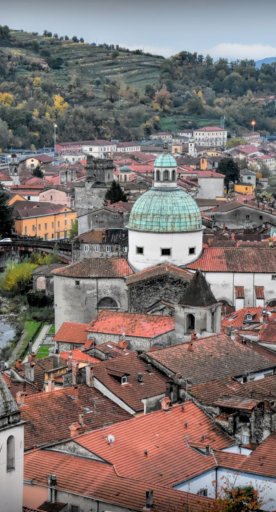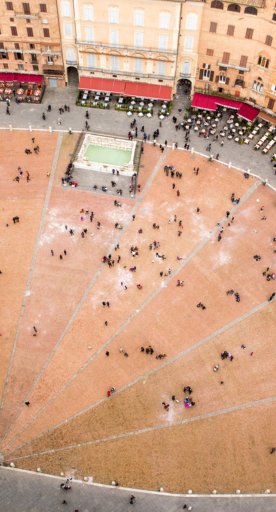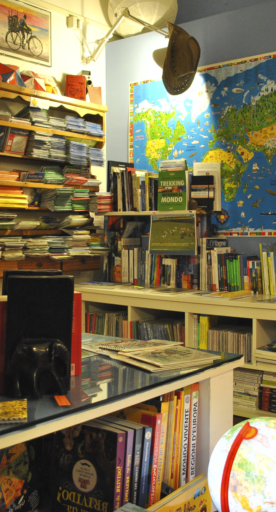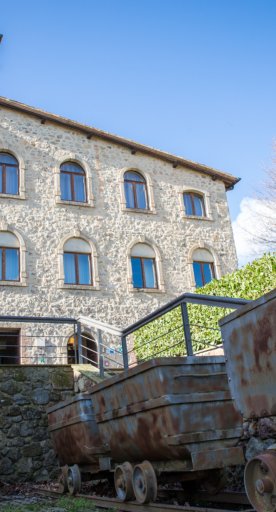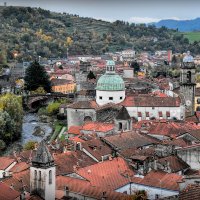4 things not to miss in Prato
A small jewel just outside of Florence
The city of Prato is located only a half hour outside of Florence and is home to a number of Tuscan gems worth visiting. From art to remarkable architecture and religious sites, here are 4 things in Prato you absolutely can't miss.
-
1.The Duomo
-
2.Castello dell’Imperatore
-
3.Palazzo Pretorio
-
4.Basilica of Santa Maria delle Carceri
The Duomo
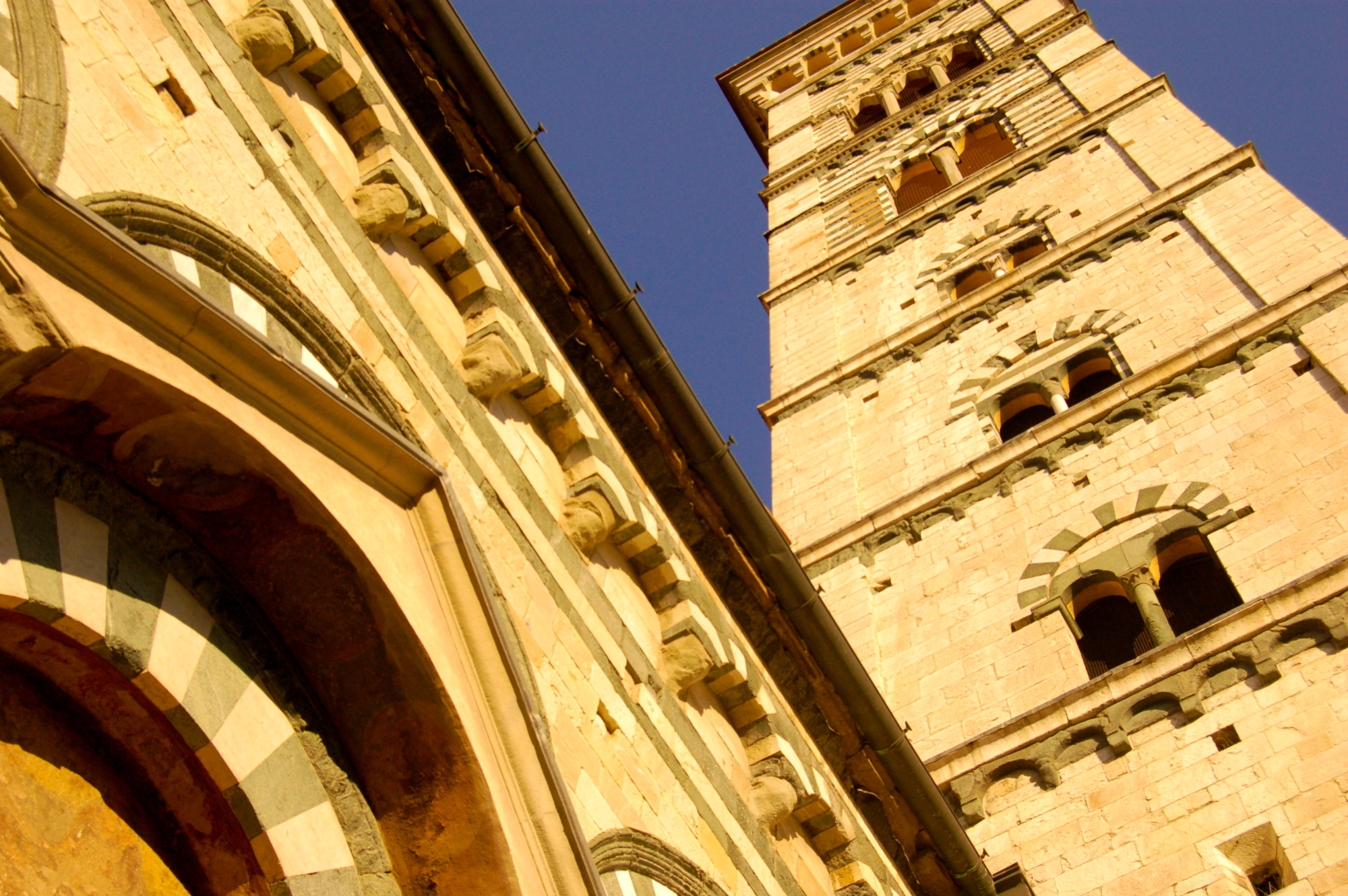
Prato’s cathedral, otherwise known as the Cathedral of Santo Stefano, is Prato's main Roman Catholic church and the seat of the Bishop of Prato. Expansion and renovation of the former 10th-century parish church began in the mid-12th century, transforming the modest building into one of the most important Romanesque-Gothic churches in Tuscany.
The cathedral contains a number of notable works of art, such as Andrea della Robbia’s sculpted relief doorway, Donatello’s pulpit and frescoes by Paolo Uccello, Filippo Lippi and Agnolo Gaddi. The Chapel of the Sacred Belt was added to the church between 1386 and 1390; on September 8, Prato hosts the annual display of the Virgin's Girdle. According to tradition, this belt was given to Saint Thomas by the Virgin Mary during the Assumption.
Castello dell’Imperatore
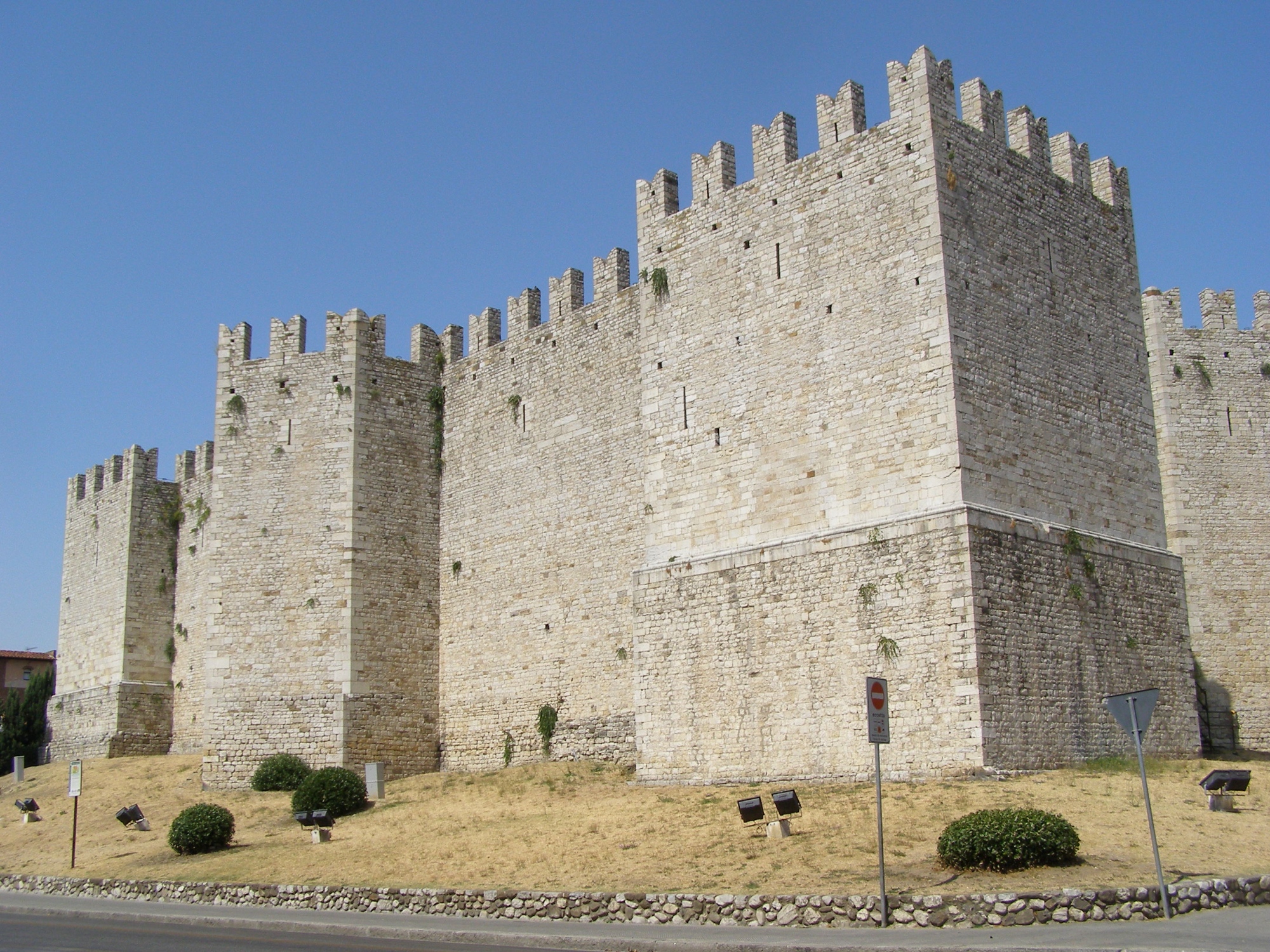
The Emperor's Castle, also known as the Santa Barbara Fortress or Castello Svevo, is located in piazza delle Carceri. Considered one of the most important examples of Prato's 11th-13th century architecture, the structure appears as a perfect fusion of style and military functionality.
The castle was built between 1237 and 1248 for the King of Sicily Frederick II, Holy Roman Emperor. Typical Ghibelline ramparts and city walls adorn the structure’s square layout, which is also lined with towers. The castle is open to the public every day from 10am to 4pm (free entry).
Palazzo Pretorio
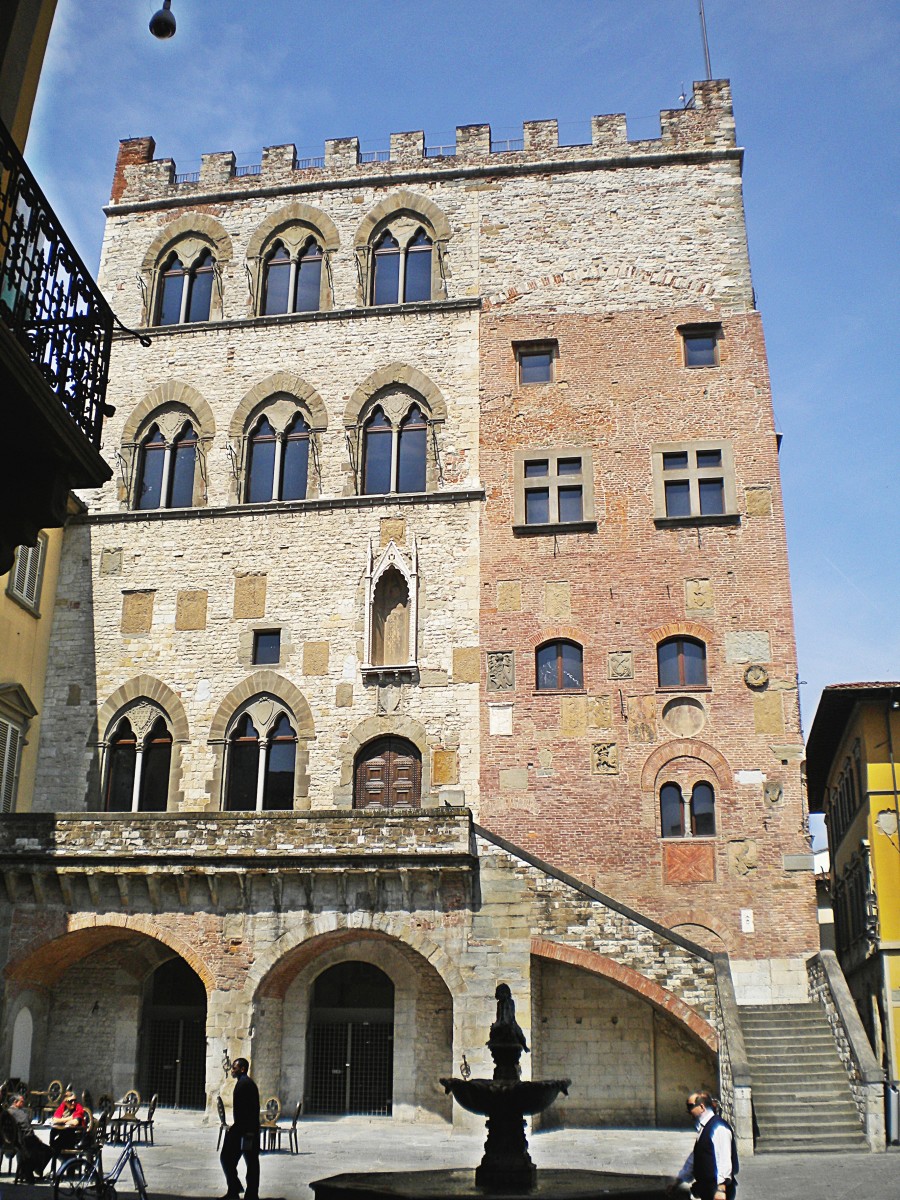
Palazzo Pretorio is located in Piazza del Comune in Prato’s city center, not far from the main cathedral. Originally built as a prison, the building served as the seat of the municipal and foreign courts at the end of the 13th century. It has undergone a number of structural renovations and boasts a troubled history, as evidenced by its current non-uniform architectural style. During the 16th century, the building and bell tower collapsed.
The palazzo now houses the Civic Museum of Prato.
Basilica of Santa Maria delle Carceri
Legend has it that the construction of this sanctuary dedicated to the Virgin Mary was decided after a series of miraculous events; at the end of the 15th century, a picture of the Madonna and Child painted outside the Stinche prison became object of a miracle, causing immediate popular devotion. The sanctuary is considered one of the earliest and most notable examples of Greek-cross layout in Renaissance architecture. The structure was built between 1486 and 1495, though the exterior was left unfinished, which vaunts the traditional two-tone green and white in forms found on other structures in Florence (like Santa Maria Novella, San Miniato and the San Giovanni Baptistery).
Inside, the basilica displays a clear connection to Alberti and Brunelleschi’s architectural styles. The entablature is decorated with a glazed terracotta frieze by Andrea della Robbia, while the beautiful stained-glass windows depicting the Annunciation, Nativity, Assumption and Visitation were executed and designed by Domenico Ghirlandaio.
